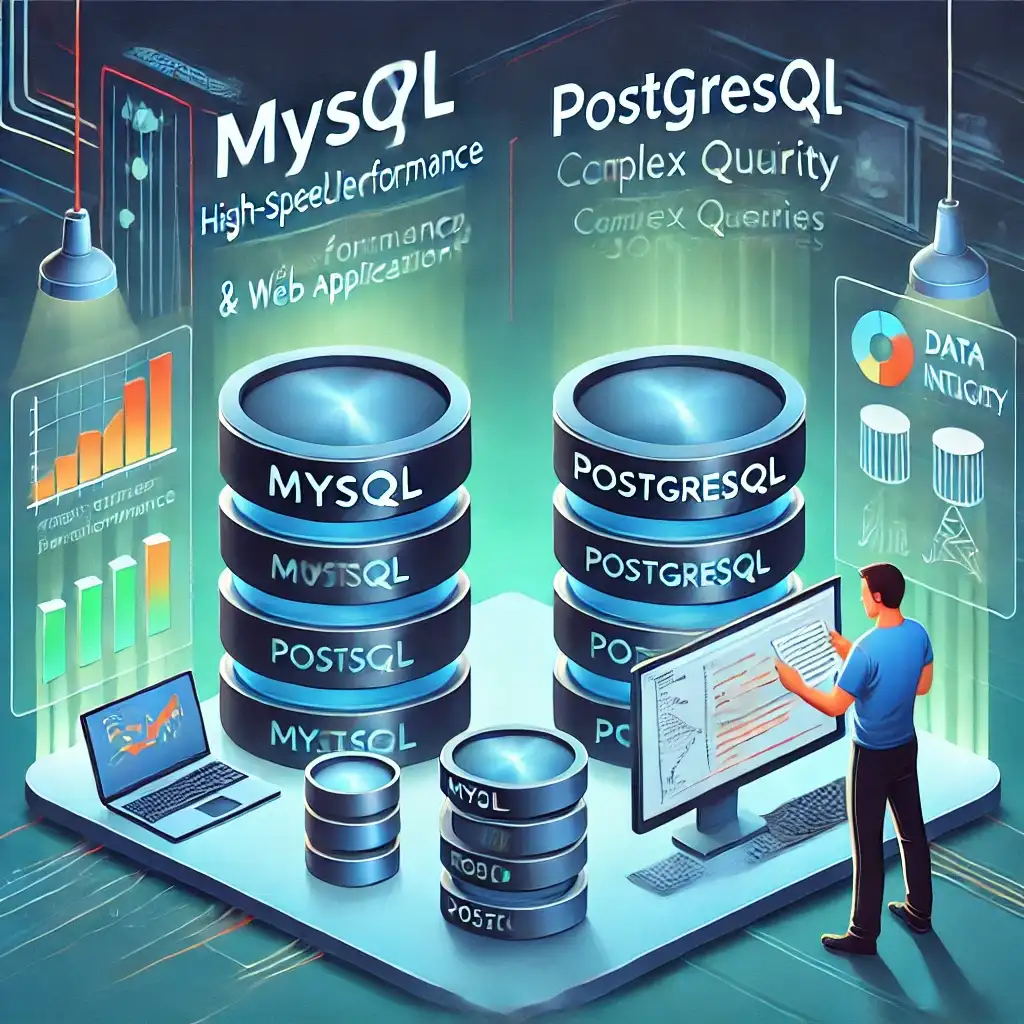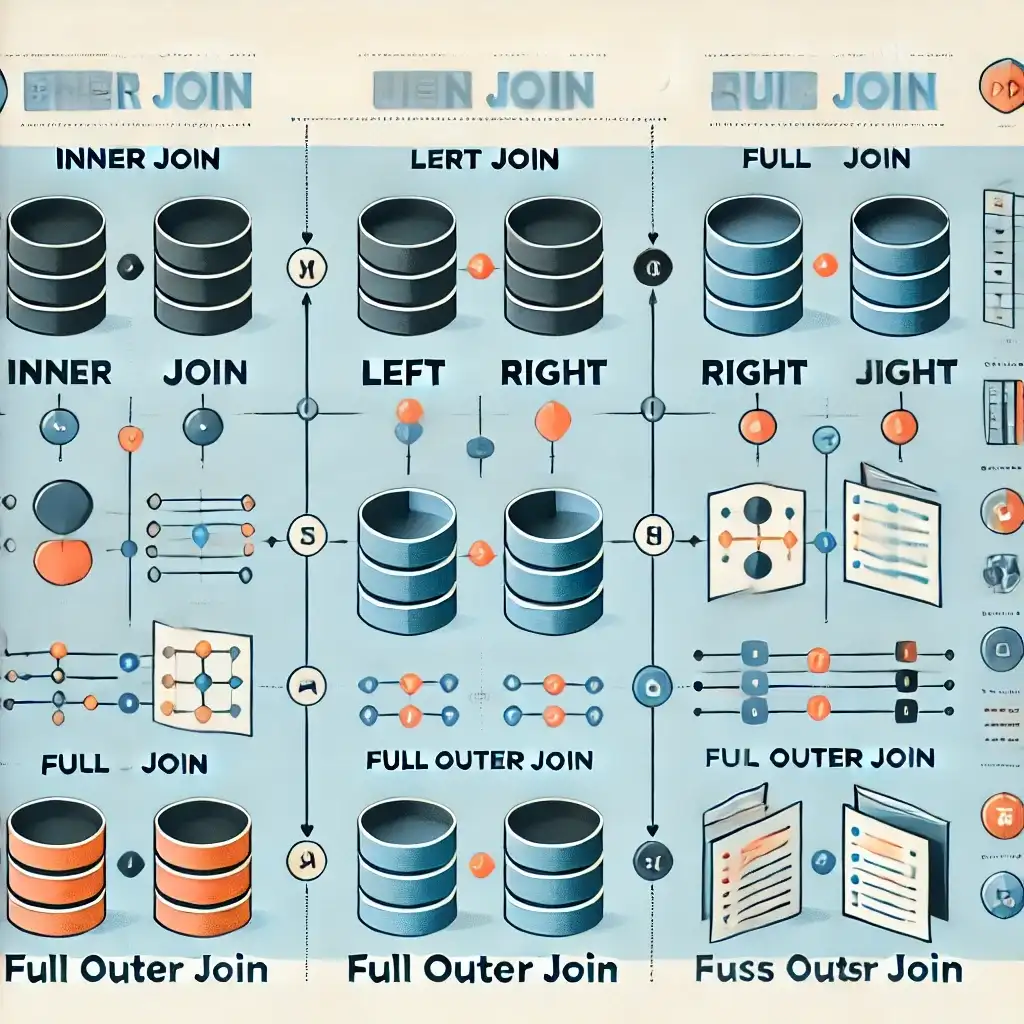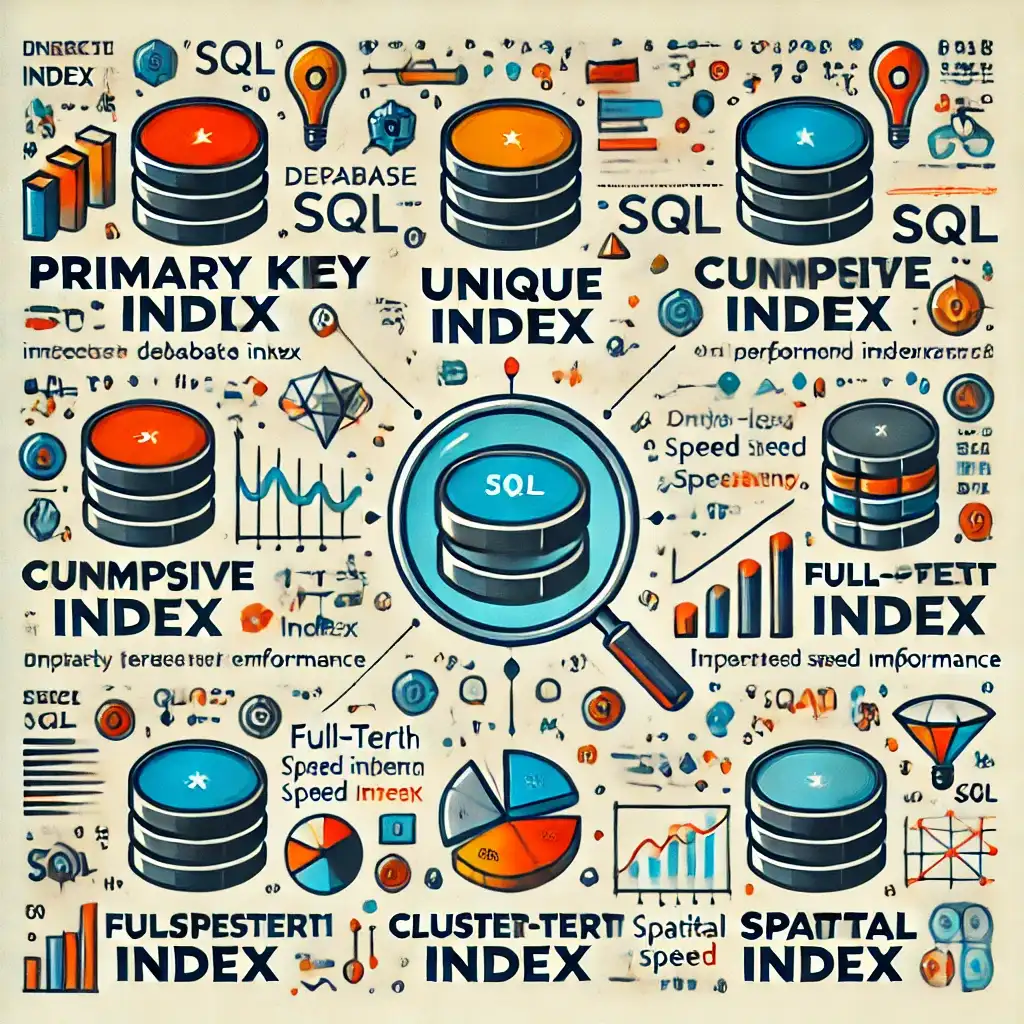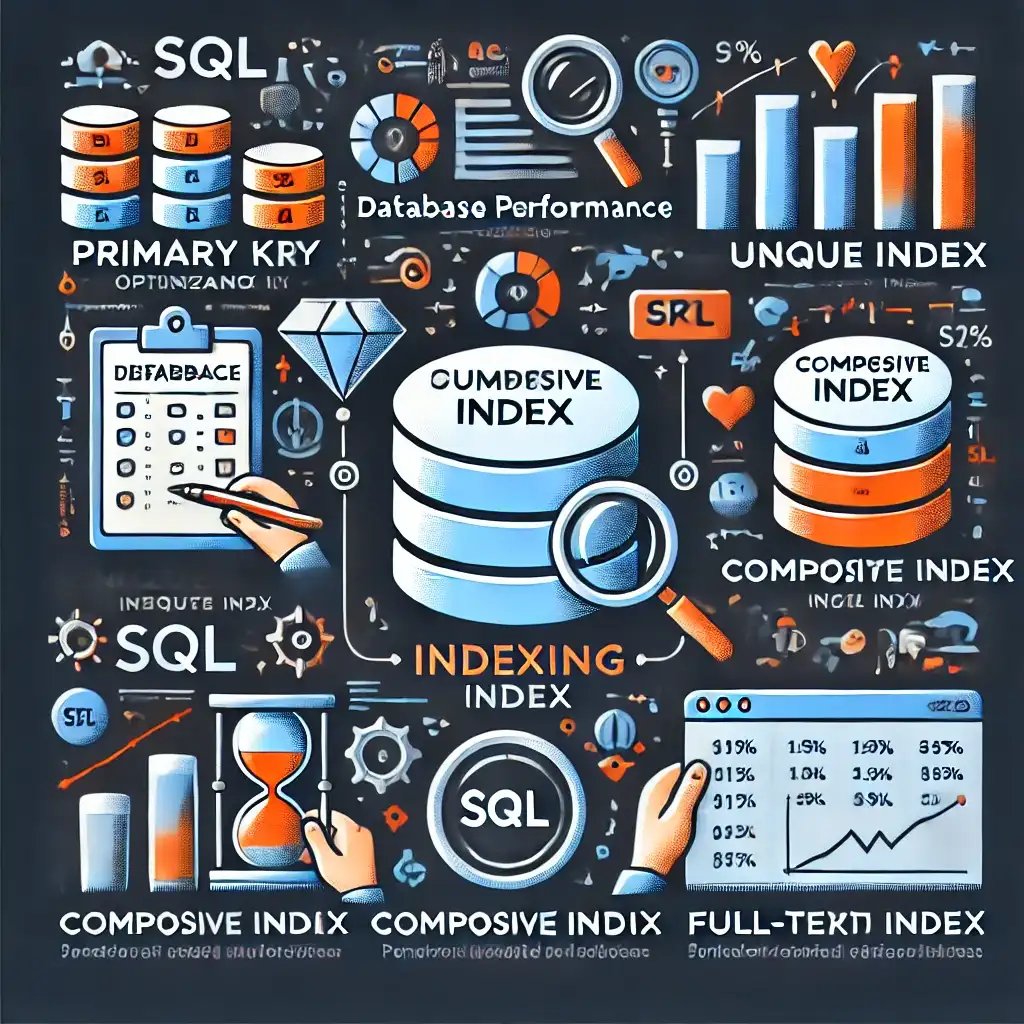
MySQL and PostgreSQL are two of the most popular open-source relational database management systems (RDBMS) today. Both are powerful, reliable, and widely used. However, they each have advantages and disadvantages depending on the project.
This article compares MySQL and PostgreSQL from several perspectives.
1. Overview
MySQL: Developed by Oracle, MySQL is a high-performance database system with broad community support, often used in web-based applications.
PostgreSQL: An open-source, object-relational database with advanced data integrity and scalability. It's ideal for projects requiring strong consistency and flexibility.
2. Performance Comparison
| Criteria | MySQL | PostgreSQL |
|---|---|---|
| Read Operations | Faster, cache-friendly | More efficient in complex queries |
| Write Operations | High speed, limited integrity checks | Stronger data consistency and ACID support |
| Parallel Processing | Less effective | Better scalability |
- MySQL is optimized for read-heavy operations and is commonly used in CMS-like applications.
- PostgreSQL provides better performance for complex queries and large datasets.
3. Data Integrity and ACID Compliance
- MySQL is ACID-compliant when using the InnoDB engine by default, but its integrity features are not as strong as PostgreSQL.
- PostgreSQL is fully ACID-compliant with strong support for foreign keys and transactions.
If your system requires high data consistency, such as in financial applications, PostgreSQL may be the safer choice.
4. JSON and NoSQL Support
| Feature | MySQL | PostgreSQL |
|---|---|---|
| JSON Support | Available, but limited | Advanced JSONB support |
| NoSQL Features | Basic JSON functions | Support for JSON, XML, and Hstore |
- PostgreSQL offers more powerful and flexible JSON handling with JSONB.
- MySQL has JSON support but with more limited functionality.
Conclusion: If NoSQL capabilities are important, PostgreSQL is the better choice.
5. Scalability and High Availability
| Criteria | MySQL | PostgreSQL |
|---|---|---|
| Replication | Supports Master-Slave and Master-Master | Supports Master-Slave, Multi-Master (with external tools) |
| Parallel Queries | Limited | Built-in support |
- MySQL offers more replication options and is often preferred for high availability systems.
- PostgreSQL provides better support for parallel query execution, ideal for large databases.
Conclusion: MySQL is better for distributed systems and high-traffic apps, while PostgreSQL is better suited for big data and analytics.
6. Community and Support
| Criteria | MySQL | PostgreSQL |
|---|---|---|
| Community Support | Very large and widely adopted | More technical and expert-driven |
| Enterprise Support | Backed by Oracle | Supported via open-source models |
MySQL may be easier to find general support for due to its popularity. PostgreSQL’s community is smaller but highly technical.
Conclusion and Recommendation Criteria
When deciding which database to use, consider the following:
- Web apps with fast read requirements → MySQL
- Complex data analysis and large datasets → PostgreSQL
- Financial transactions and strong data integrity → PostgreSQL
- High availability and replication needs → MySQL
- Extensive use of JSON and NoSQL features → PostgreSQL
In short, MySQL is ideal for those seeking speed and simplicity, while PostgreSQL is better suited for applications requiring data integrity and advanced processing capabilities.
Related Articles








